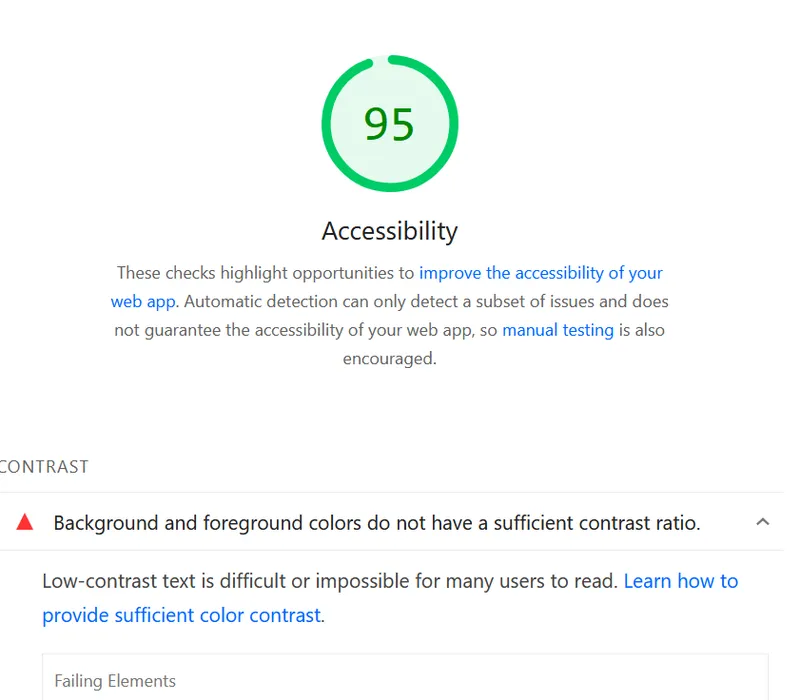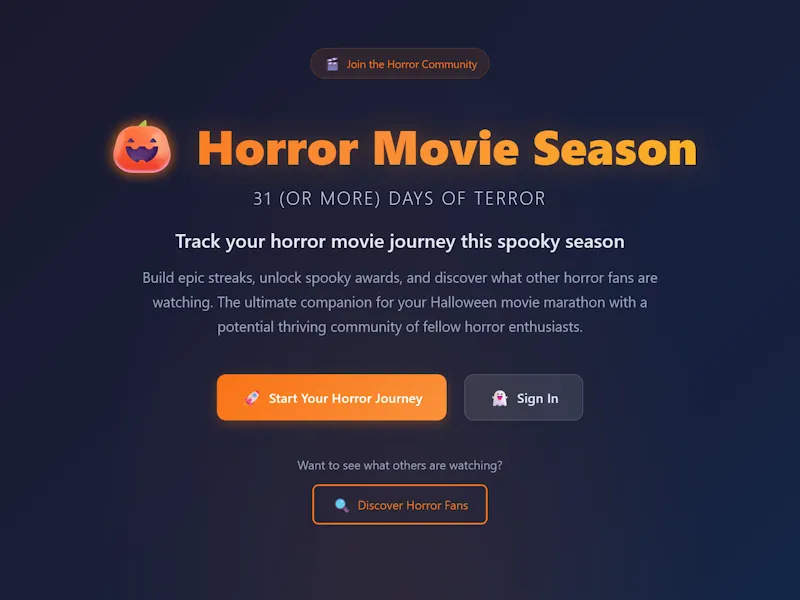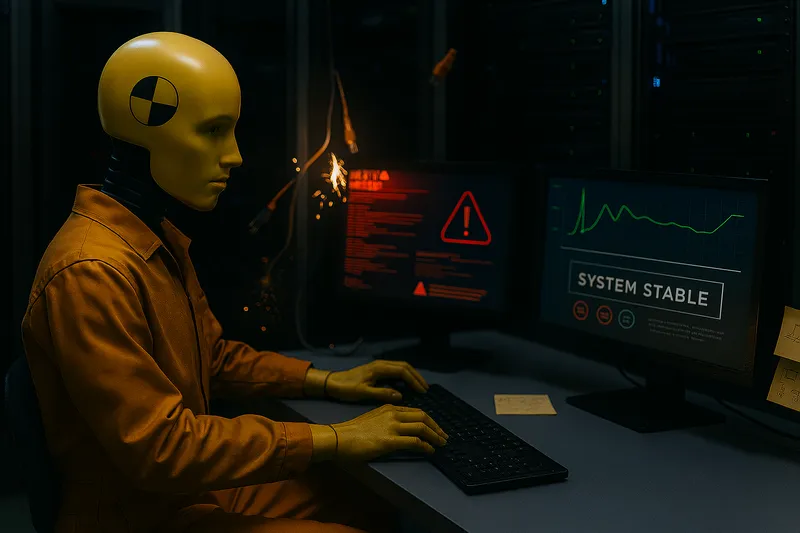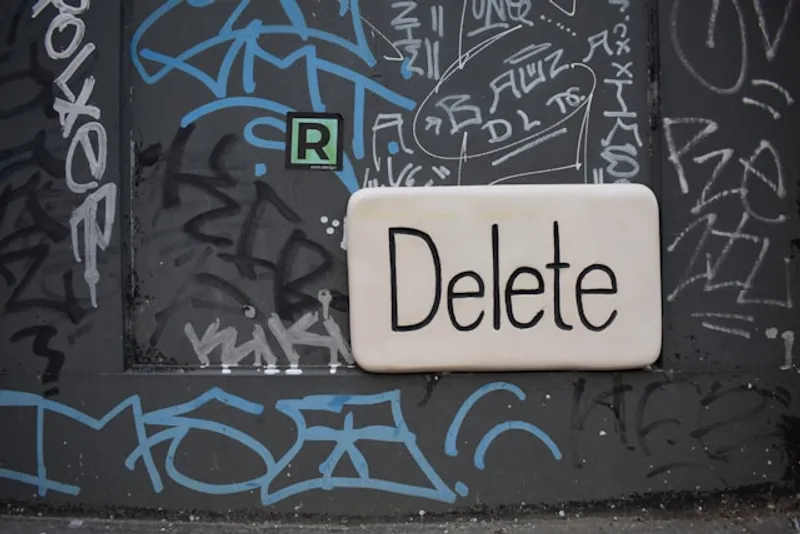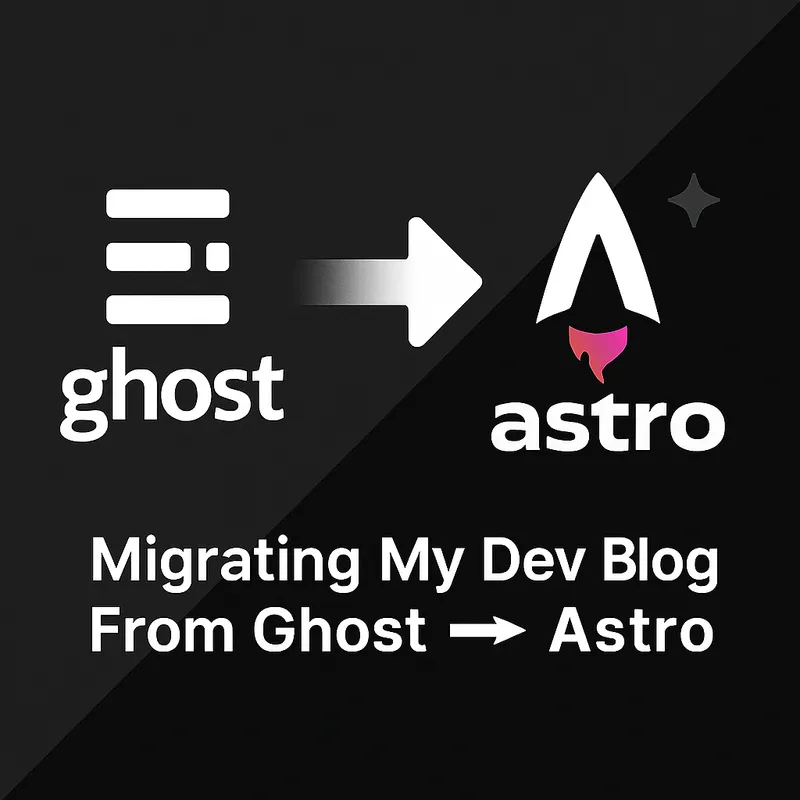How to - Cold Brew
Published on 02/27/2016 12:00 AM by Eph Baum
#DeveloperRocketFuel
Coffee is, arguably, the greatest thing that has ever existed ever. It is also, however, one of the most laborious things you can do for yourself and expensive things you can have done for you.
The world belongs to Starbucks (and Amazon.. keep it coming Seattle!), but as much as I love giving them all of my money and earning rewards, I find that it’s hard to hold together a budget that includes the infusion of caffeine my wife and I require on a daily basis.
While Starbucks has finally starting offering Cold Brew, one of the greatest substances to have ever existed, it’s actually fairly easy to make yourself with a relatively minimal investment of time. Today I’ll just be quickly outlining my process, and I would actually love feedback for anything you think might help to improve things, too.
Why Cold Brew?
Simply put: Cold Brew is the best way to enjoy Coffee. Period.
Even if you prefer your coffee hot.
The hot brewing process causes coffee beans to release more acid and that acid makes the coffee bitter and harsh. Quite literally, heat ruins coffee.
Cold brew, on the other hand, doesn’t have the same issue. It’s smoother than anything you’ve ever tasted.
The main difference, though, is that the heat brew process produces a drinkable substance in about 5 minutes while a cold brew process yields liquid gold after a bare minimum of 12 and it’s really best to brew for around 20-24 hours.
It’s totally worth it, however.
My process
Tooling
Like any development project, cold brewing coffee requires some consideration toward tooling.
You’ll need:
- Containers
- Containers
- Containers
- Clever Dripper
- Filters
- Containers
- Containers
So, containers. #amiright?
Containers for brewing, for filtering, and for storing are crucial for this to work.
Resources
- Coffee
- Water
When it comes to coffee, I find that I prefer the flavor of a nice medium or blonde roast. I have taken to buying my coffee from Costco where I can get a 2 lb. bag of Kirkland branded Starbucks beans for $9.99. It’s a lovely medium roast that comes out smooth and rich when cold brewed.
For water, I’m on well water on my property, but wells or city water out of the tap will not, generally, yield the best brew. My preference is to buy 2.5 gal. containers of purified drinking water for my brew.
Workflow
- Grind
- Brew
- Filter
- Enjoy
My process, detailed:
Here’s the process for me:
Buy beans and water from the store. If you don’t want to invest in a big burr grinder, most places from which you can purchase said coffee beans will have a grinder you can use. However you do it, though, you need to grind these beans at the course-est setting. You need these beans chopped down into small chunks, but not too small because you need to be able to strain these out without too much particulate escaping through your filters.

Particulates suck.
Brewing is where some of the containers come in. Basically I use about half a pound of coffee per gallon of water. There are a lot of “recipes” out there but it comes down to strength and taste.
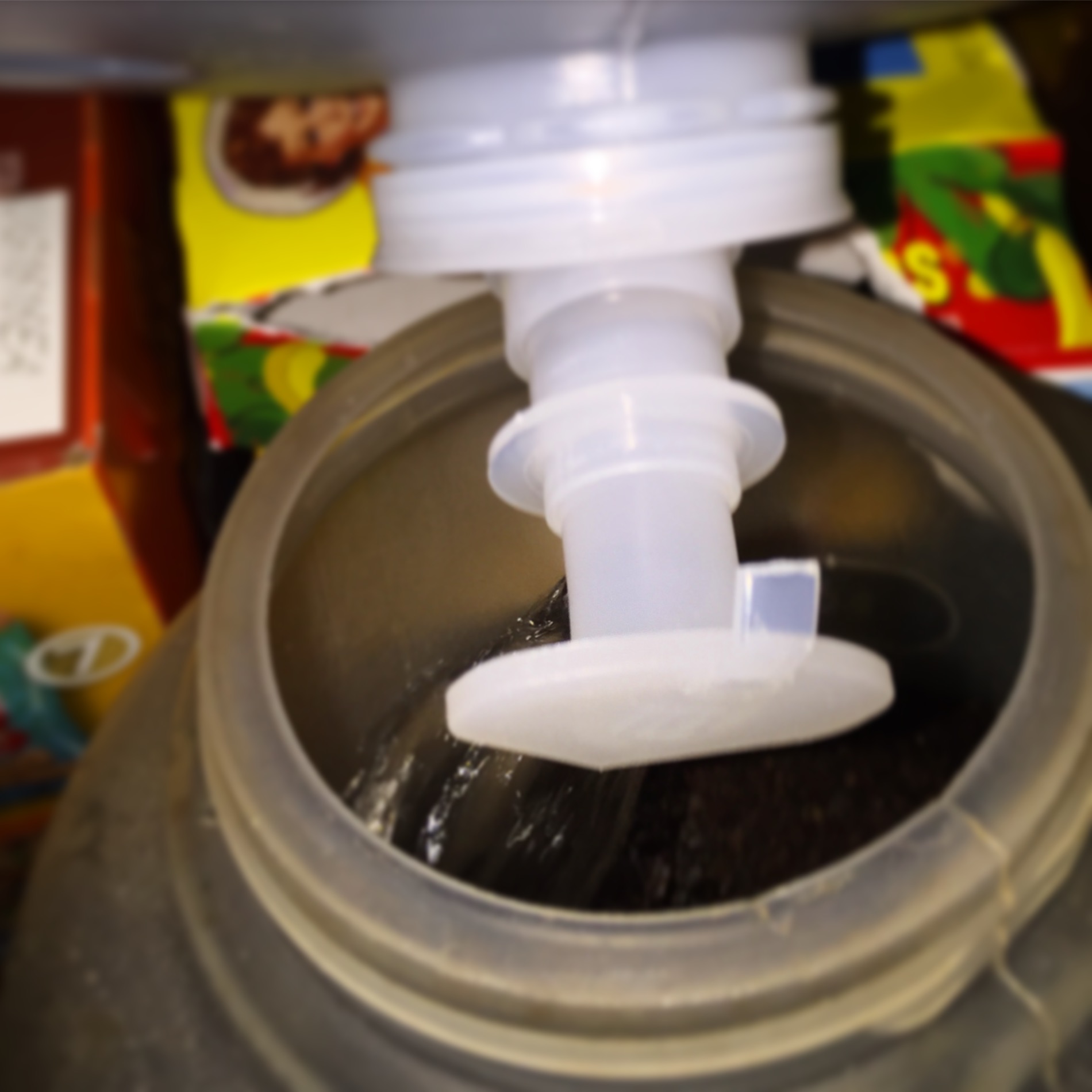
Simply put them in a container together, well mixed. This container hangs out in the refrigerator for 24 hours, give or take.

The last step or so involves extrication of the delicious brewed coffee away from that horrible particulate.

I use a Clever Coffee Dripper with a fixed metal filter for a “first filter”. This I do into a sealable container I can keep in the fridge. Then when I’m ready I use the same dripper to do a “second filter” into whatever beverage receptacle I wish to consume from, this time I add a paper filter into the mix.
You can also use a kitchen strainer and a cheese cloth. I’ve done that as well and it worked out fine (and it’s cheaper, to be frank).
Regardless, that’s it. It’s a pretty straight forward workflow that keeps my wife and me in #coldbrew heaven.
This is, for me, an iterative process. I keep it agile, building and improving the process on a weekly basis. I’m always looking to improve the workflow, of course.
